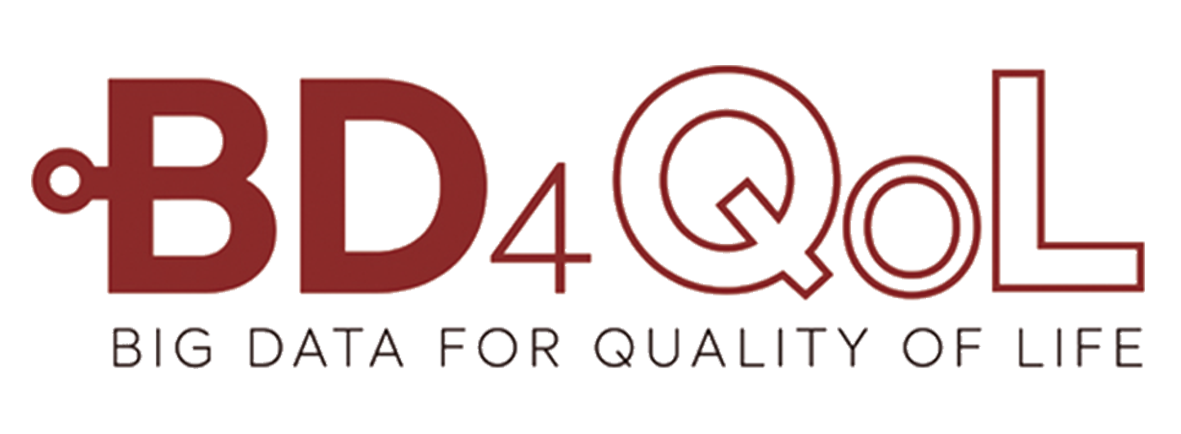Big data and Artificial Intelligence for monitoring health status and quality of life after the cancer treatment
Over the past several decades, the number of patients who survive head and neck cancer (HNC) has increased; this makes lifelong surveillance critical. HNC survivors have high impact on physical appearance and functioning, psychological status and general quality of life (QoL). HNC imposes an extremely high socioeconomic burden on patients during and after cancer compared to other tumors, including costs from treatment-induced morbidities, loss of workforce participation and short-term disability. Current survivorship care plans mostly focus on functional and health conditions of treated patients, whereas socioeconomic determinants of QoL are often neglected due to difficult data collection.
The widespread technologies for social communication and unobtrusive personal monitoring embedded in smartphones and object commonly used in our living environments have the potential to unobtrusively collect a wealth of indicators of individual QoL. BD4QoL aims to improve HNC survivor’s QoL through person-centred monitoring and follow-up plan. To achieve that, BD4QoL will make use artificial intelligence and big data collected from mobile devices, in combination with multi-source data (clinical, socioeconomic and patients reported outcomes), to profile HNC survivors for personalized monitoring and support. The analysis of QoL indicators collected over time will allow to early detect risks, prevent long-term effects of treatment and inform patients and caregivers for personalized interventions.
Within the project, the main role of LST team is the technical management and the design and implementation of the Point of Care application that will support clinicians to perform the patients’ follow-up. LST is also contributing on the personal data source modelling for HRQoL through ontologies, on the data quality assurance and data harmonization, on the design of the data collection platform through the mobile app, and also will bring technical support for piloting and will lead the user validation of the system. The BD4QoL Consortium is a strong and balanced partnership, composed by 15 organizations, combining the complementary competences, skills, structural and infrastructural capabilities: 2 outstanding cancer reference centers; 6 research institutions; 2 large corporations and 1 industrial partner; 2 SMEs; and 2 Public bodies.

